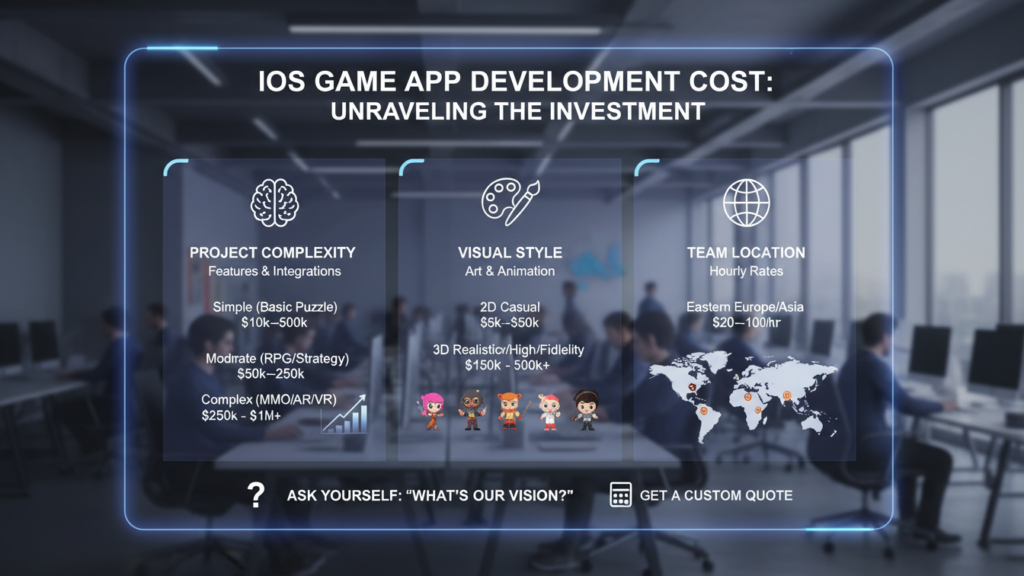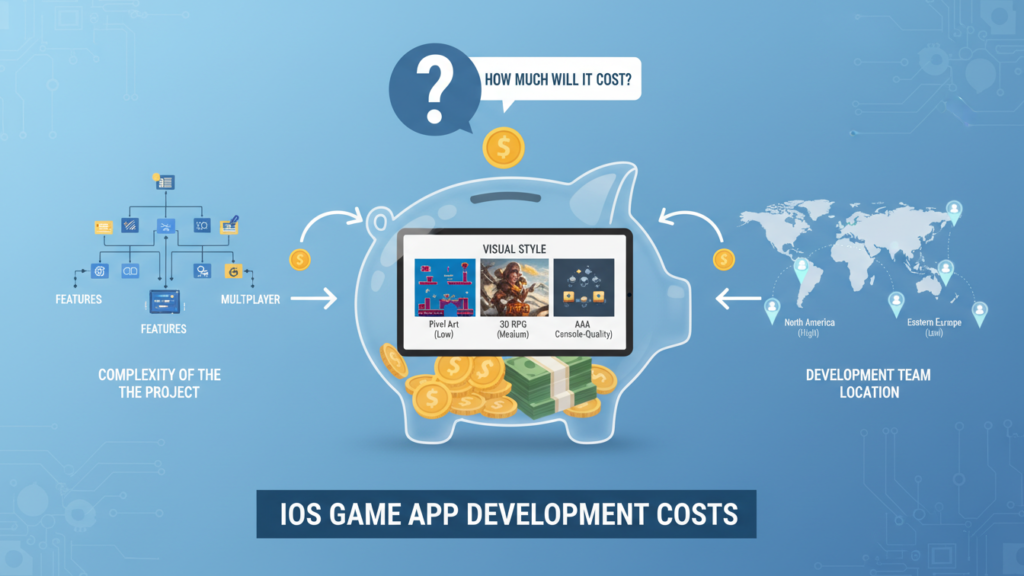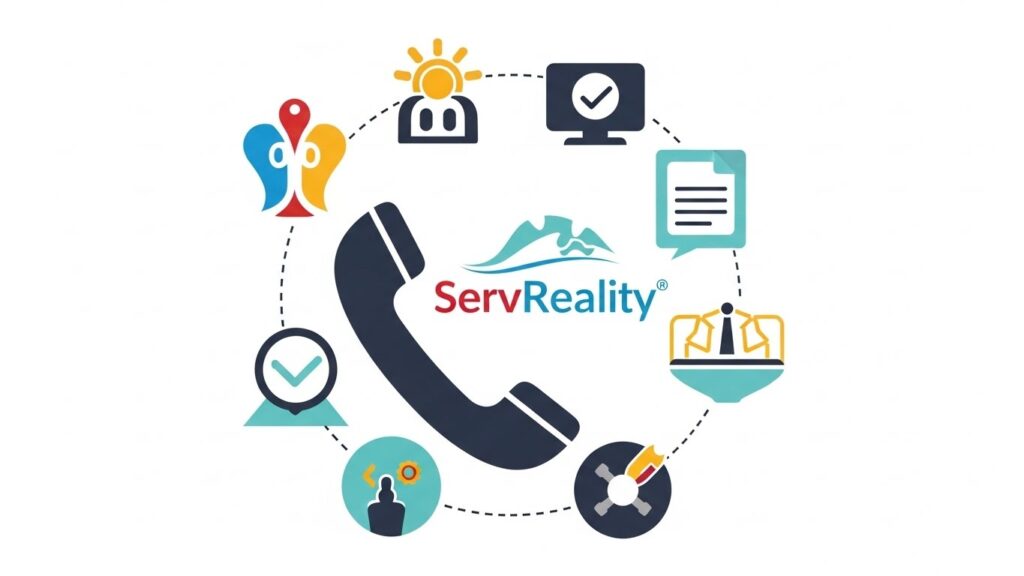iOS app development is a highly specialized field that requires a unique set of skills and tools to be successful. In this article, we will explore the essential skills and tools that every iOS app developer should know in order to create high-quality and engaging apps that resonate with their users.
1. Programming Languages: Understanding Swift and Objective-C
The first and most important skill that any iOS app developer should possess is a solid understanding of programming languages such as Swift and Objective-C. Swift, which was introduced by Apple in 2014, is the primary language used for developing iOS apps. It offers many benefits over its predecessor, Objective-C, including faster development times, better performance, and a more modern syntax.
While Objective-C is still widely used, Swift has become the go-to language for most iOS developers due to its numerous advantages. However, it’s important for developers to have experience with both languages in order to understand the strengths and weaknesses of each and choose the one that best suits their needs.
1. Frameworks: Understanding UIKit and Core Data
In addition to programming languages, iOS app developers must also be familiar with frameworks such as UIKit and Core Data. UIKit is a set of libraries that provide developers with the tools they need to build user interfaces for their apps. It includes everything from buttons and labels to navigation controllers and animations, making it an essential tool for any iOS developer.
Core Data, on the other hand, is a framework used to manage data within an app. It provides developers with a powerful set of tools for creating, reading, updating, and deleting data in their apps. Core Data is particularly useful for apps that require users to input information or store data locally on their devices.
1. Design: Understanding User Experience (UX)
A key aspect of iOS app development is understanding user experience (UX) design principles. UX design focuses on creating an intuitive and enjoyable user interface that enhances the overall user experience. Developers must have a strong understanding of UX design in order to create apps that are easy to use, visually appealing, and provide value to their users.
1. Debugging: Understanding Xcode and Instruments
Another essential skill for iOS app developers is the ability to debug their code effectively. Xcode, Apple’s integrated development environment (IDE), includes a powerful set of tools for debugging and troubleshooting code issues.
Instruments, on the other hand, is a suite of tools that allows developers to test and optimize their apps in real-time.
1. Testing: Understanding Unit Tests and Continuous Integration
Testing is an essential part of the app development process, and iOS developers must be well-versed in both unit testing and continuous integration (CI) practices. Unit testing involves writing automated tests for individual units or components of an app, while CI involves integrating these tests into the overall development workflow to ensure that changes are thoroughly tested before being released.
1. Version Control: Understanding Git
Version control is another crucial skill for iOS app developers. Git is a distributed version control system that allows developers to keep track of changes made to their code over time, collaborate with other team members, and revert changes if necessary.
1. Tools: Understanding Cloud Services and Third-Party Libraries
Finally, iOS app developers must be familiar with a variety of tools and services that can help them streamline their development process and improve the quality of their apps. These include cloud services such as Amazon Web Services (AWS) and Google Cloud Platform (GCP), which provide developers with scalable infrastructure and storage solutions, as well as third-party libraries such as Alamofire and SwiftyJSON, which can save developers time and effort by providing pre-built functionality for common tasks.
Case Study: Developing a Successful iOS App

To illustrate the importance of the skills and tools discussed above, let’s take a look at the development of a successful iOS app called “Fitbit.” Fitbit is a fitness tracking app that allows users to track their daily activity, monitor their heart rate, and set fitness goals. The app has been downloaded millions of times since its launch in 2013 and has received positive reviews from both users and critics alike.
One of the key factors that contributed to Fitbit’s success is its user-friendly interface, which was designed with an emphasis on simplicity and ease of use. The app also features a wide range of advanced fitness tracking features, including sleep monitoring, GPS tracking, and more, making it an essential tool for anyone looking to improve their fitness levels.
In addition to its strong UX design, Fitbit has also been able to leverage cloud services such as AWS to provide users with scalable infrastructure and storage solutions. This has allowed the app to handle large volumes of data without compromising performance or stability.
Finally, Fitbit has made use of third-party libraries such as Alamofire and SwiftyJSON to save time and effort during development. These libraries provide pre-built functionality for common tasks such as network requests and JSON parsing, allowing developers to focus on building the core features of the app without having to reinvent the wheel.
Summary
In conclusion, developing a successful iOS app requires a unique set of skills and tools that are essential for creating high-quality and engaging apps that resonate with their users. From programming languages to UX design, debugging, testing, version control, and cloud services, there is no shortage of important factors that developers must consider when building an app.
By understanding these essential skills and tools, iOS app developers can increase their chances of creating a successful app that stands out in a crowded marketplace. Whether you are a beginner or an experienced developer, by taking the time to master these skills, you will be well on your way to building a successful iOS app that provides value to your users and helps you achieve your business goals.
FAQs:
1. What programming languages do I need to know to develop iOS apps?
Swift and Objective-C are the primary programming languages used for developing iOS apps.
2. What frameworks should I be familiar with as an iOS app developer?
UIKit is a set of libraries that provide developers with the tools they need to build user interfaces for their apps, while Core Data is used to manage data within an app.
3. How important is UX design in iOS app development?
UX design is crucial in iOS app development as it determines how users interact with and perceive your app, which can ultimately impact its success.
4. What tools should I use for testing my iOS app?
Xcode includes a powerful set of tools for debugging and troubleshooting code issues, while Instruments is used to test and optimize apps in real-time.
5. What are some cloud services that can help me streamline my development process as an iOS app developer?
Cloud services such as AWS and GCP provide developers with scalable infrastructure and storage solutions, which can help them handle large volumes of data without compromising performance or stability.



